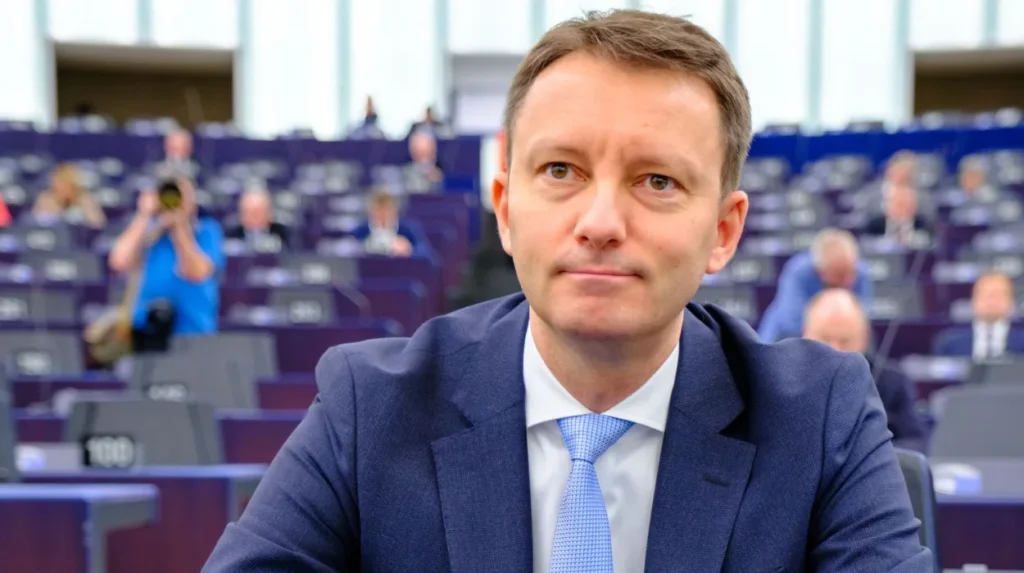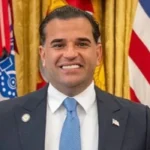Moldova and the state of the European Union have emerged as pivotal topics on the agenda of the European Parliament’s plenary session this week, signaling heightened focus on the Eastern European nation’s European integration path and critical discussions on the EU’s broader policy priorities.
Moldova’s European Path Under Spotlight
Romanian MEP Siegfried Muresan, a prominent advocate for European integration in Eastern Europe, has announced that Moldova will be central to the European Parliament’s agenda with a resolution co-initiated by him, emphasizing support for Moldova’s European trajectory amid regional security challenges.
“We will have a resolution co-initiated by me and a debate where we show our support for the European path of Moldova in the face of Russian aggression,”
Muresan stated, underscoring the geopolitical context shaping EU engagement with Moldova, particularly given the ongoing war in neighboring Ukraine.
The European Parliament is set to host Moldovan President Maia Sandu at its plenary session on September 9, 2025, where she will address MEPs on the country’s democratic progress, accession prospects, and regional security. This session marks her first address to the Parliament since her re-election in 2024 and her country’s constitutional referendum on EU accession.
Strategic Importance Amid Security Threats
The focus on Moldova comes amid escalating concerns about Russian hybrid threats and malign interference aimed at destabilizing the country’s democratic institutions and derailing its pro-European path. In a plenary debate scheduled alongside the President’s address, MEPs will examine ways to bolster Moldova’s resilience against these threats.
Muresan highlighted the importance of EU solidarity, saying,
“Our support for Moldova is not just a matter of goodwill but an imperative to safeguard European values, security, and stability at our borders.”
These discussions coincide with parliamentary elections in Moldova on September 28, 2025, which are widely seen as a referendum on the country’s commitment to European integration amidst attempts to influence the vote through disinformation and vote-buying orchestrated by Kremlin-backed actors.
EU Financial and Policy Support
Beyond symbolic political support, the European Parliament and Commission are directing tangible backing toward Moldova’s reform and economic resilience. Muresan emphasized the necessity of securing funding for key priorities in the upcoming EU budget negotiations, stating,
“I will intervene to emphasize one essential thing: how we finance these European Union’s priorities from the European budget.”
Since June 2024, accession talks between Moldova and the EU have proceeded steadily, supported by a €1.9 billion Growth Plan (2025-2027) aimed at economic convergence with the EU Single Market, investment stimulation, and structural reforms.
Broader European Union Context
Alongside Moldova, the European Parliament’s agenda is dominated by the annual State of the European Union (SOTEU) debate scheduled for September 10, 2025. European Commission President Ursula von der Leyen is expected to focus on pressing issues including economic strengthening, security, the war in Ukraine, and EU relations with the United States.
Muresan noted,
“The State of the Union speech will address geopolitical challenges impacting Europe’s prosperity and competitiveness,”
emphasizing the intersection of these issues with the EU’s enlargement policy and external relations.
Moldova’s Democratic Progress and Challenges
President Maia Sandu’s speech is anticipated to highlight Moldova’s democratic advances since its accession candidacy and constitutional reform while drawing attention to ongoing threats posed by Russian hybrid tactics. Analysts view her address as both a report card and a call for intensified European support to navigate the difficult geopolitical landscape.
The European Parliament’s plenary session will also include a vote on a resolution supporting Moldova’s resilience against hybrid threats, reflecting a rare unanimity among MEPs on the strategic importance of Moldova to EU security.
Moldova’s placement on the European Parliament’s agenda alongside the State of the European Union debate reflects the bloc’s multifaceted approach to external challenges and enlargement. Strong parliamentary support for Moldova underscores its pivotal role as a European Union candidate state confronting external aggression while pursuing political, economic, and social reforms.
As President Maia Sandu addresses the Parliament and key votes proceed, the week in Strasbourg will signal the EU’s intentions regarding Moldova’s integration journey and its commitment to addressing the wider geopolitical challenges facing Europe’s eastern frontier.







